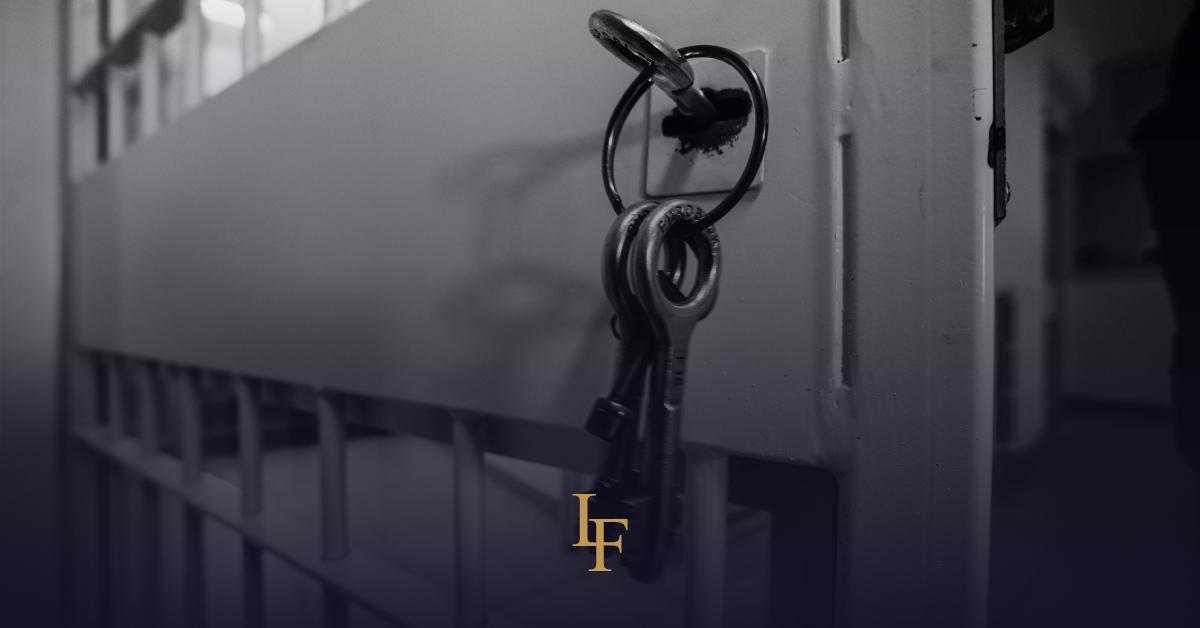When it is impossible for the surveillance judiciary ... the granting of premium permits
The case.
The surveillance judiciary of Pavia declared inadmissible the request for permission to reward the sentenced person, noting, with reference to the ascertainment of the possible collaboration, that collaboration was not impossible considering the very important role of the offender within the criminal association which was inferred from the information from both the Catania District Anti-Mafia Directorate and the National anti-mafia prosecutor for which the collaboration could be considered useful for further investigations on the existing criminal association.
According to Surveillance Court of Milan in the absence of collaboration with justice and in the presence of impedimental offenses, the presumption of dangerousness of the offender could be overcome only if the Supervisory Magistrate had acquired elements such as to exclude that the offender still had links with the criminal association of origin and could return to a crime with it.
What the Constitutional Court says.
The Constitutional Court, following the jurisprudence of the Court of Strasbourg, held, with sentence no. 253 of 2019, that the discipline on penitentiary benefits is constitutionally illegitimate in the part in which it does not provide that, in relation to inmates for crimes committed making use of the conditions provided for by art. 416 bis of the Criminal Code, may be granted premium permissions also in absence of collaboration with justice and also where it is possible or payable when elements have been acquired such as to exclude the actuality of links with organized crime and the danger that they will be restored.
Therefore, the sentence for an impedimental crime does not involve an objective and absolute foreclosure for access to penitentiary benefits as long as elements capable of demonstrating the absence of current social danger or the possibility that the offender can return to crime are valued by the surveillance judiciary. within the criminal association.
It is the duty of the surveillance judiciary, which can always be used for this purpose, to ascertain the degree of effectiveness of the collaboration or if the collaboration is impossible or uncollectible.
In the event that the collaboration remains due, it will not be enough to ascertain the non-existence of links with organized crime but it will also be necessary to verify that there is no concrete danger, given the personal and environmental circumstances, that these links are restored: these elements must be demonstrated from the condemned.
What the Supreme Court says.
According to the Court of Cassation, the assessment of possible collaboration must be limited to the facts and crimes subject to the conviction for which permission is requested, as this assessment ad libitum cannot be extended to all reported convictions.
In fact, the content of art. 58 ter penitentiary system it must not be confused with the provisions of the legislation on witnesses of justice for which collaboration is also required for facts other than those for which the sentence was given, however, subordinating the favor regime to a strict time limit to provide the contribution collaborative.
In this case, the Surveillance Magistrate, based on the information from the Catania District Anti-Mafia Directorate and the National Anti-Mafia Prosecutor's Office, erroneously refers to the fact that the collaboration cannot be limited to the facts for which the convict was sentenced.
This interpretation does not comply with the principles dictated on the point by the jurisprudence of the Court of Cassation and of the Court of Strasbourg for which the Cassation accepts the appeal and cancels the order, with referral, for a new judgment on the points indicated, to the Surveillance Court of Milan .

